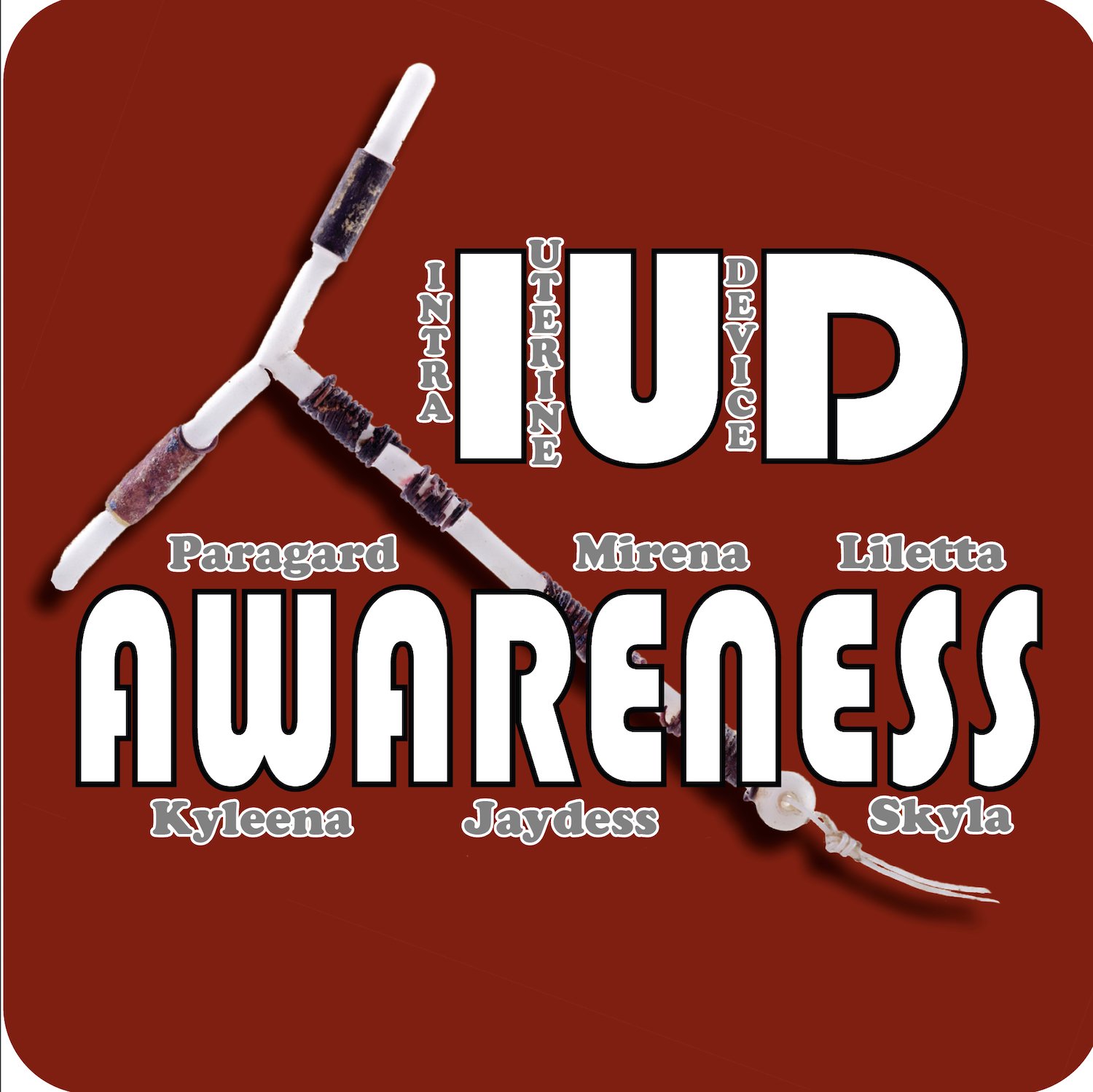Is the Copper IUD Safe?
/“Topics Discussed in this Episode:
Why the copper IUD is safe
Some of the side effects of using the copper IUD
Eating soy and phytoestrogens
How your menstrual cycle affects your bowel movement
Healing the gut
What causes dysmenorrhea and how to deal with it
Key Takeaways:
The copper IUD is a small t-shaped device that your gynecologist would insert into your uterus through the cervix. It’s non-hormonal so it may be your best choice. It’s 99.2% effective for up to 10 years.
With copper IUD, there have been a significant number of women who have found they have really painful periods as a side effect, and sometimes longer periods with heavy bleeding.
There’s also an increased chance of bacterial vaginosis when using the copper IU because of the disruption in the vaginal microbiome. There’s a slightly increased risk of pelvic inflammatory disease as well.
Xenoestrogens are one of the most abundant endocrine disruptors that mimic estrogen. They are found in tons of different types of chemical products.
Phytoestrogens are natural xenoestrogens derived from plants. They are able to bind to estrogen receptors.
Soy and flax seeds are the biggest and most well-known phytoestrogens.
Phytoestrogens are much weaker than your own estrogen or any synthetic estrogen. Depending on your individual biology and natural hormone levels, they can have an estrogenic effect or even an anti-estrogenic effect. So when they bind to your estrogen receptors, they can block more potent estrogens from binding instead. This is a good thing for some women because it will reduce symptoms of estrogen dominance.
Organic soy consumed in small amounts has been shown to reduce estrogen dominance in some women. For others, even a modest amount of soy might be too much and can lead to significant menstrual problems like longer cycles, heavier periods, and more cramping.
Dysmenorrhea can be caused by the following:
Endometriosis
Benign tumors found in the female pelvis
Ovarian cysts
Using the copper IUD”















Natural Womanhood
August 24, 2024